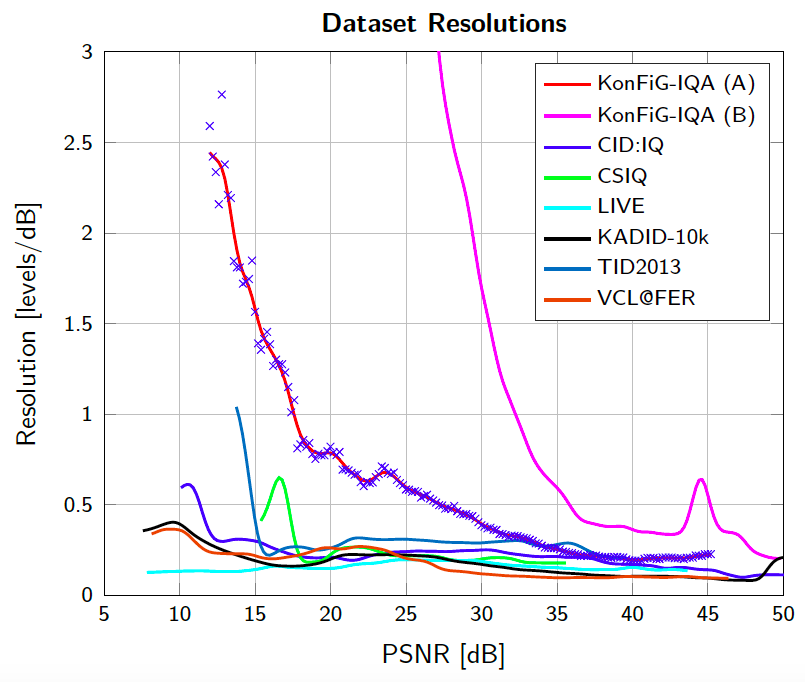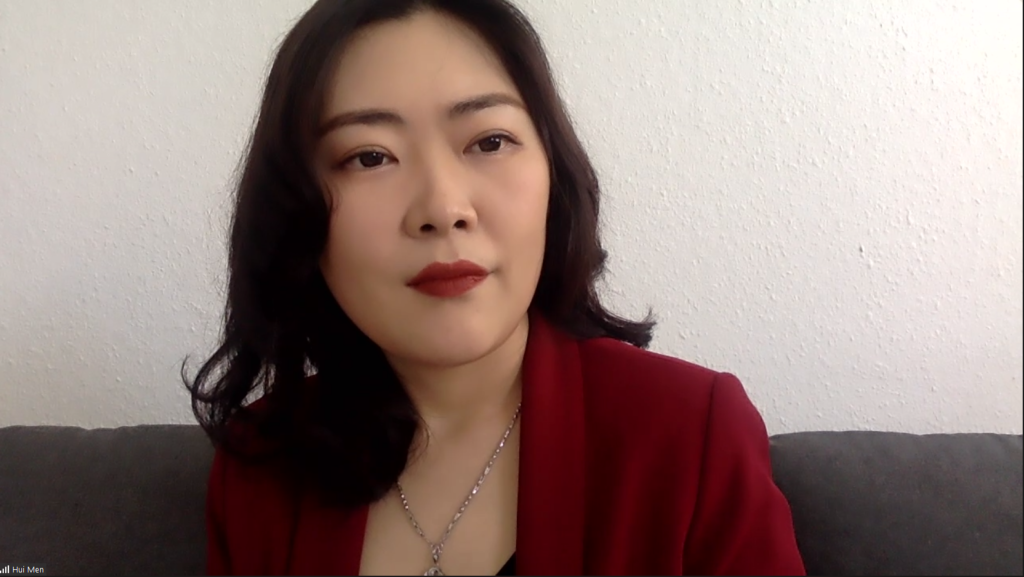I’m very glad to share that I’ve successfully defended my Ph.D. thesis with the title Boosting for Visual Quality Assessment with Applications for Frame Interpolation Methods.
This work mainly introduces the artefact boosting technique, which can enhance the sensitivity, resolution, and accuracy of subjectively annotated IQA datasets. The boosting strategy amplifies the artefacts in a distorted image, enlarges its visual representation by zooming, increases the visibility of the distortions by a flickering effect, or performs a combination of some of the above. The experiments on KonFiG-IQA, a fine-grained IQA dataset generated for this purpose, show that with such a boosting strategy, the sensitivity and precision of the comparisons increased significantly.

Such a boosting technique was then applied to evaluate the perceptual quality of some methods from visual computing, namely frame interpolation by optical flow methods and an extension, i.e., slow motion video generation from videos with standard frame rates. It demonstrates that the state-of-art for such validation, which uses simple objective methods like the root-mean-square error when ground truth frames are available, is not satisfactory, true perceptual quality cannot be captured by such straightforward measures.
I would like to express my sincere thanks to all the people who gave me support during the pursuit of my Ph.D. It is my great fortune to have such great colleagues, collaborators, and coauthors, without whom I cannot make this work possible. Special thanks to my supervisor Dietmar Saupe and Andrés Bruhn of the SFB-TRR 161.


